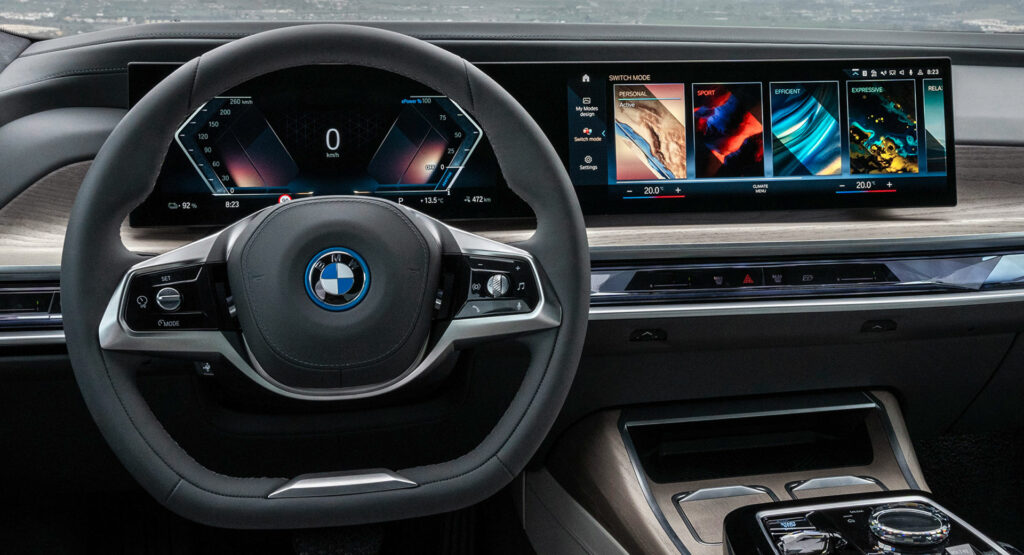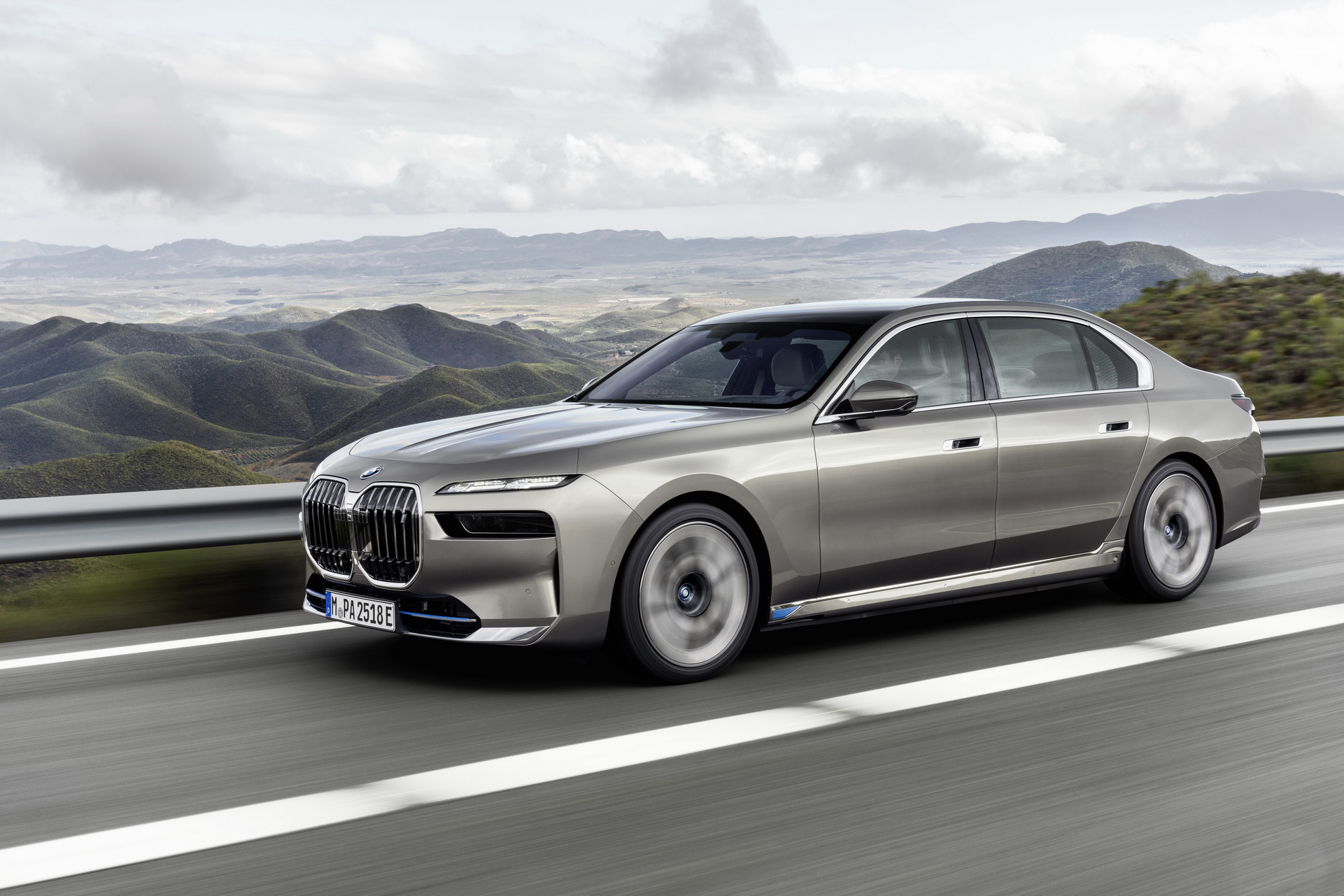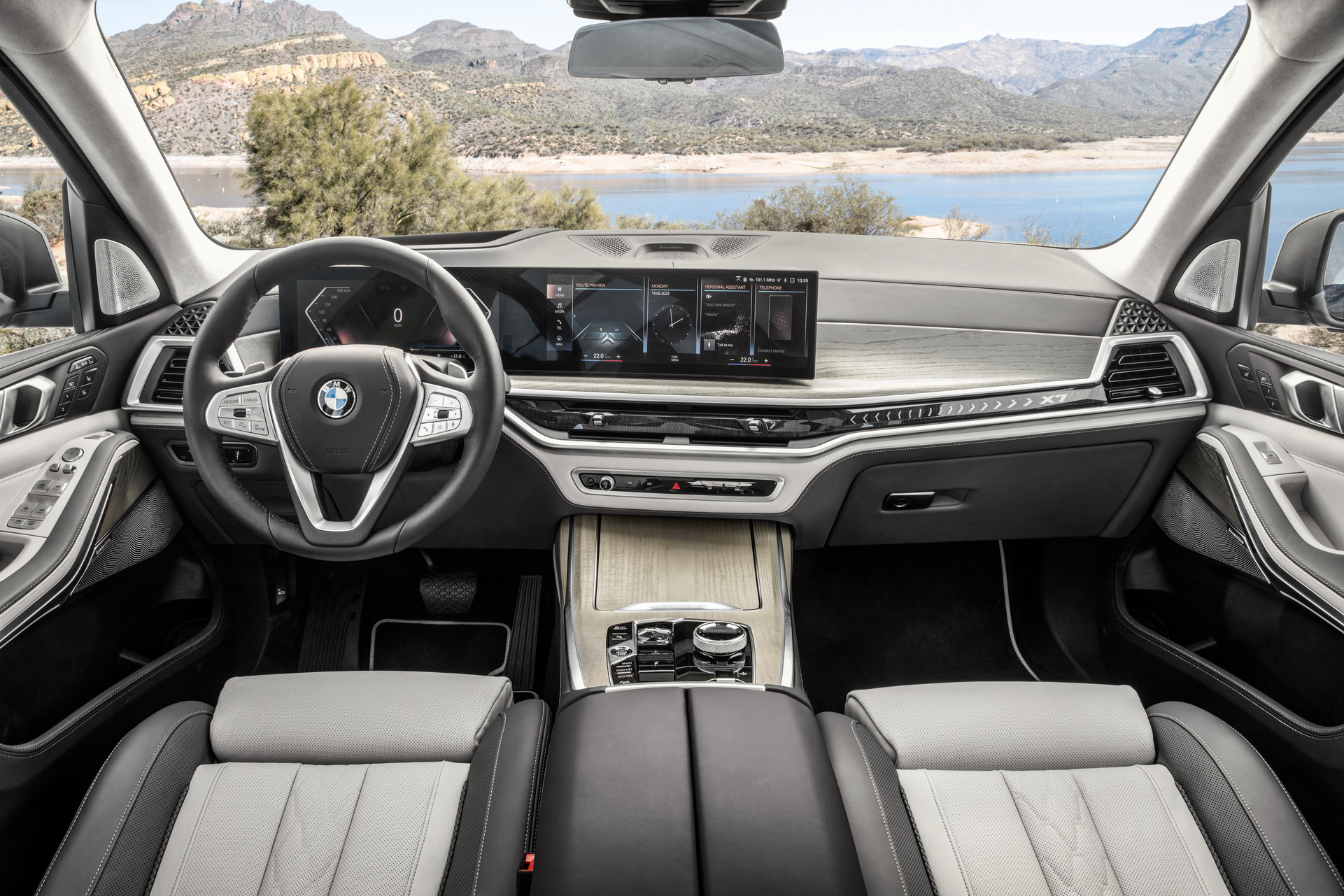Google’s influence continues to grow as BMW has used the Automobil-Elektronik Kongress to announce plans to adopt Android Automotive OS.
The company didn’t release many details, but said Android Automotive OS will be integrated into “certain model series for the first time as a second technological approach alongside the current Linux-based variant” of BMW Operating System 8.
While BMW didn’t release pictures of their version of Android Automotive OS, the company said “different software platforms enable the infotainment system to be individually configured.”
Also Read: Volvo To Start Rolling Out Android Automotive OS 11
BMW’s Senior Vice President of Connected Company and Development Technical Operations, Stephan Durach, added “We are integrating the best aspects of all worlds – that could be our own in-house developments, Open Source or commercial software products, depending on what the specific solution looks like.” He went on to say the company wants to make sure “our customers always enjoy a unique, customized digital experience in their vehicle.”
While that’s not much to go on, Google bills Android Automotive OS as open and customizable software that can be scaled to run on automotive infotainment systems and head units. The company went onto note its openness “enables new efficiencies by providing basic automotive infotainment features in a free and open source codebase,” while “customization enables implementers to differentiate the product as they see fit.”
Using the same codebase as phones and tablets running Android, the system will likely feature familiar applications such as Google Maps and Google Assistant as well as support for third-party apps. While a number of questions remain, we won’t have to wait much longer to see Android Automotive OS in BMW models as the first cars are slated to arrive in March of 2023.
Of course, BMW won’t be the first automaker to adopt Android Automotive OS as it’s already available in a handful of models from GM, Polestar, and Volvo.






